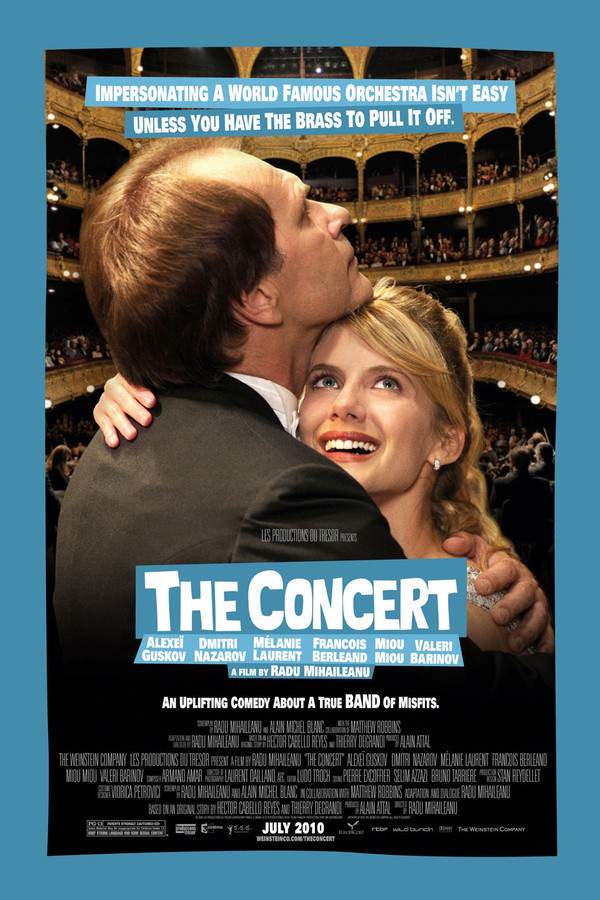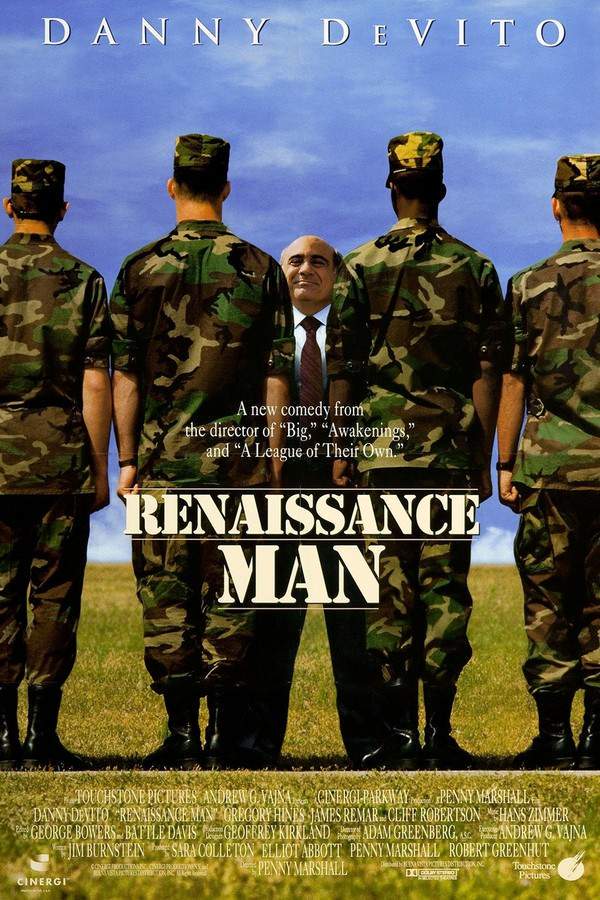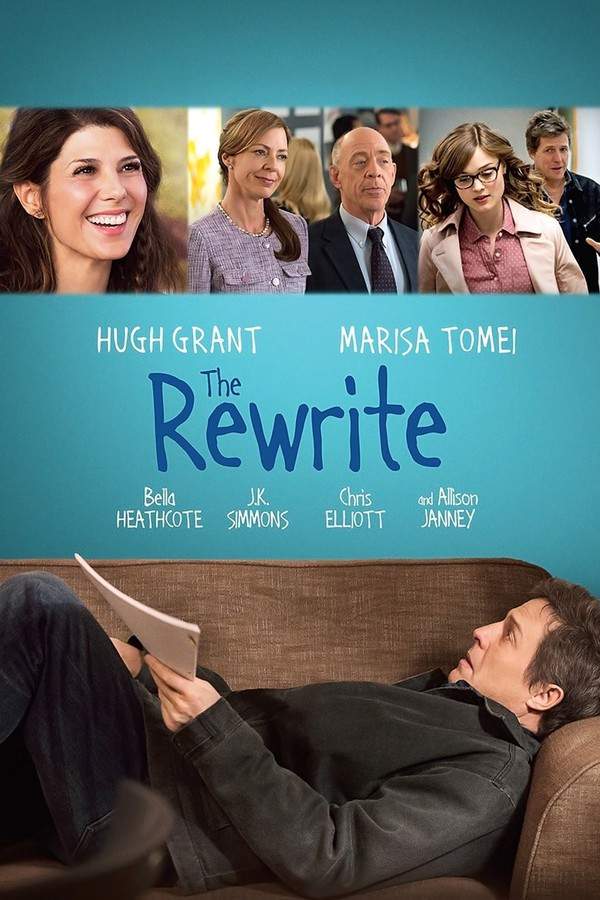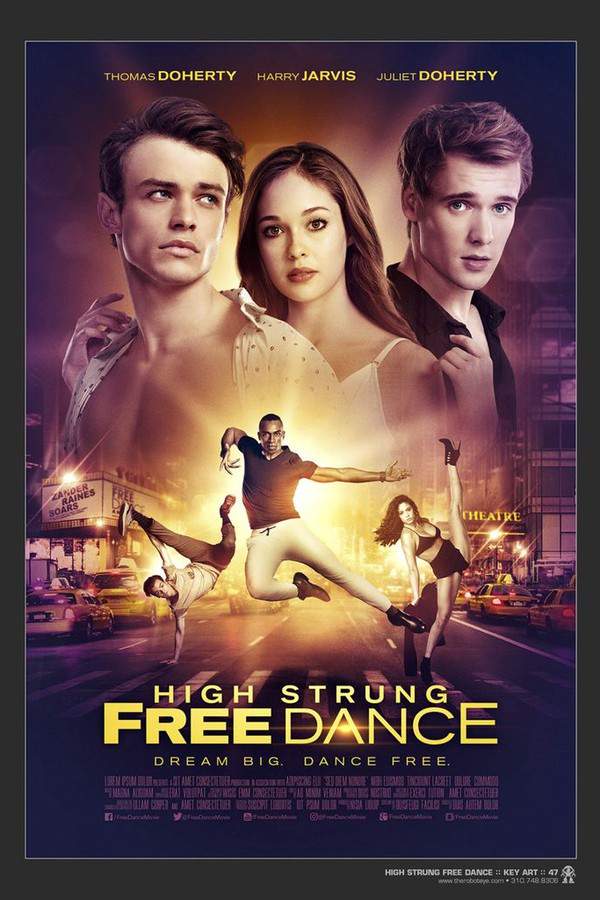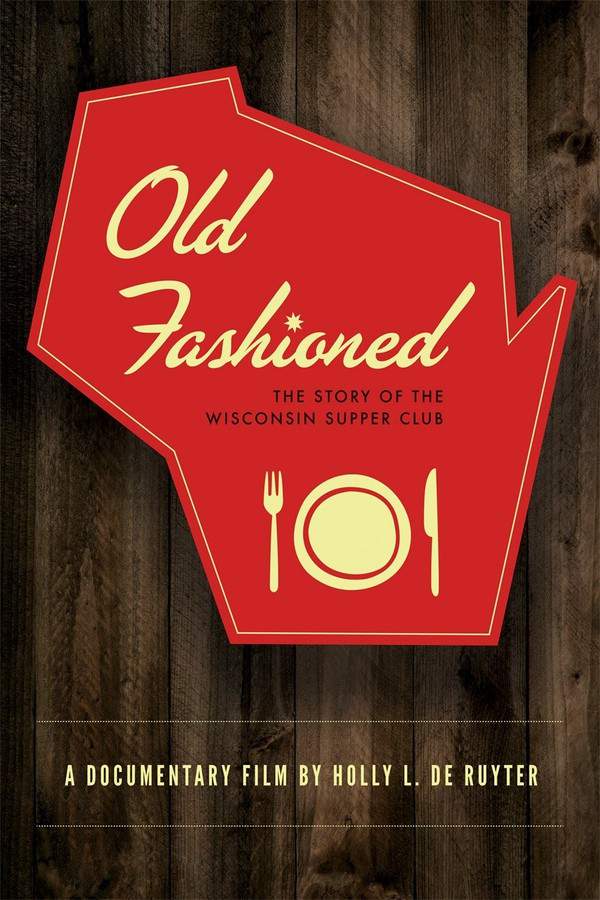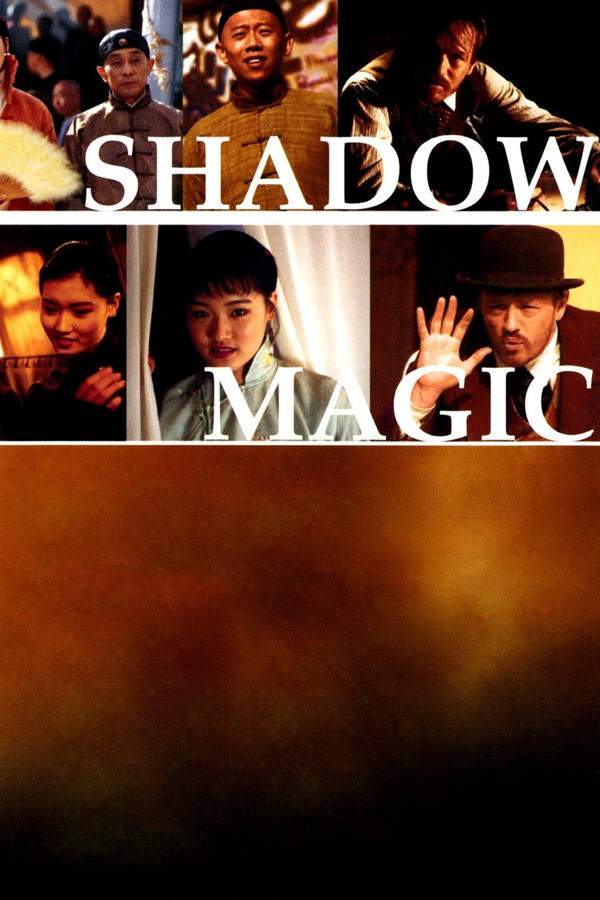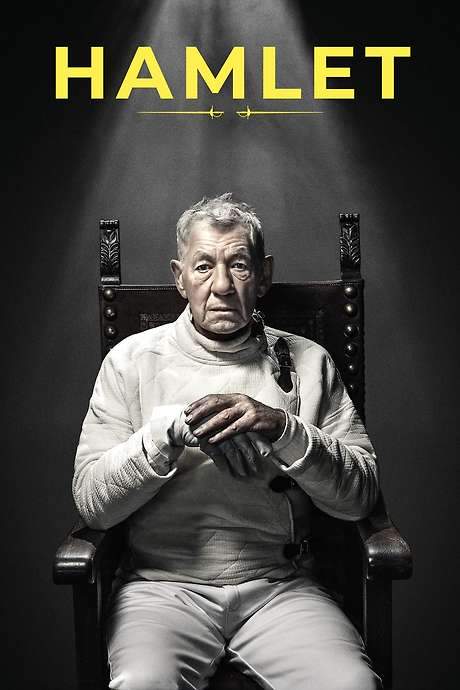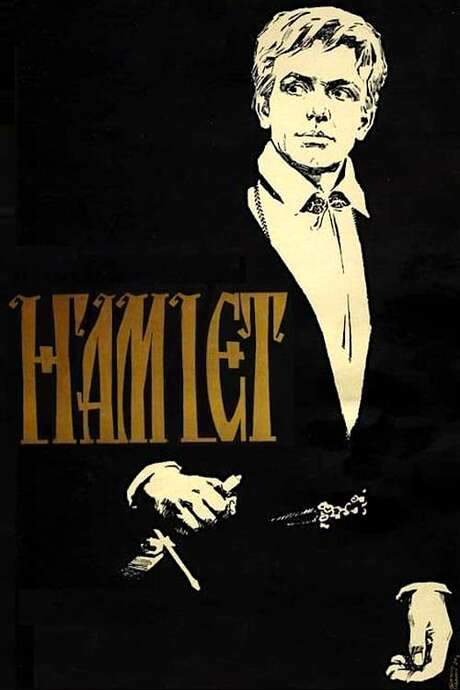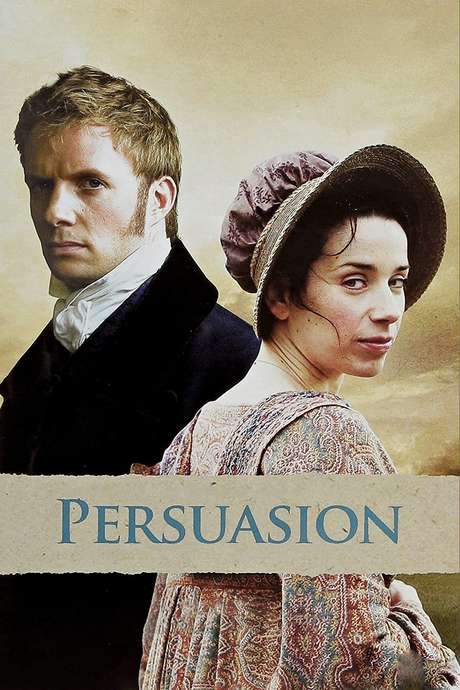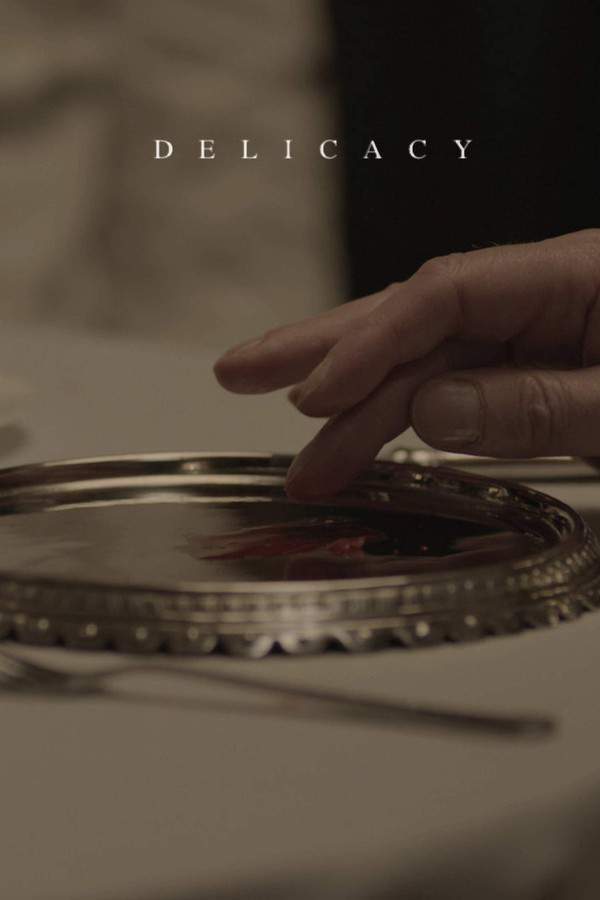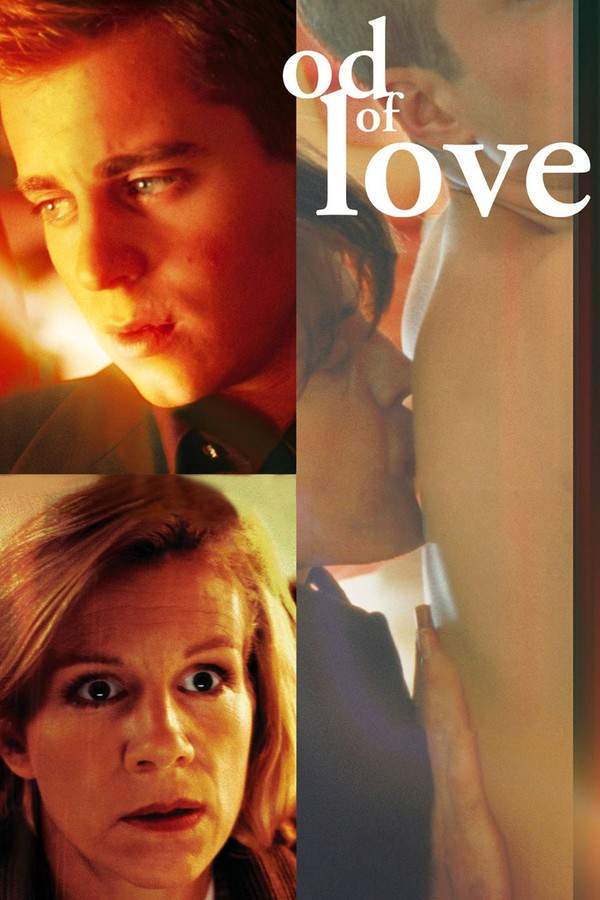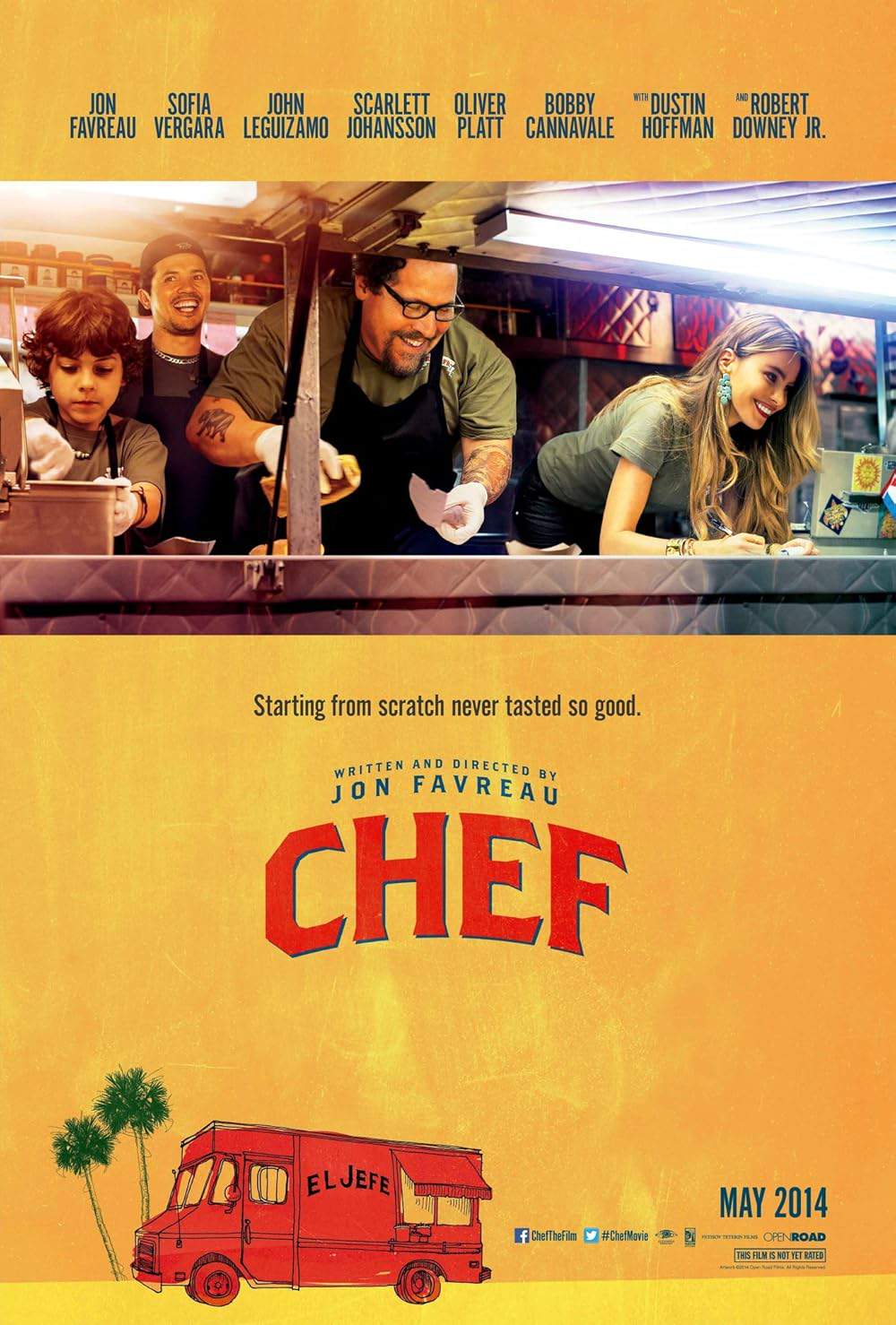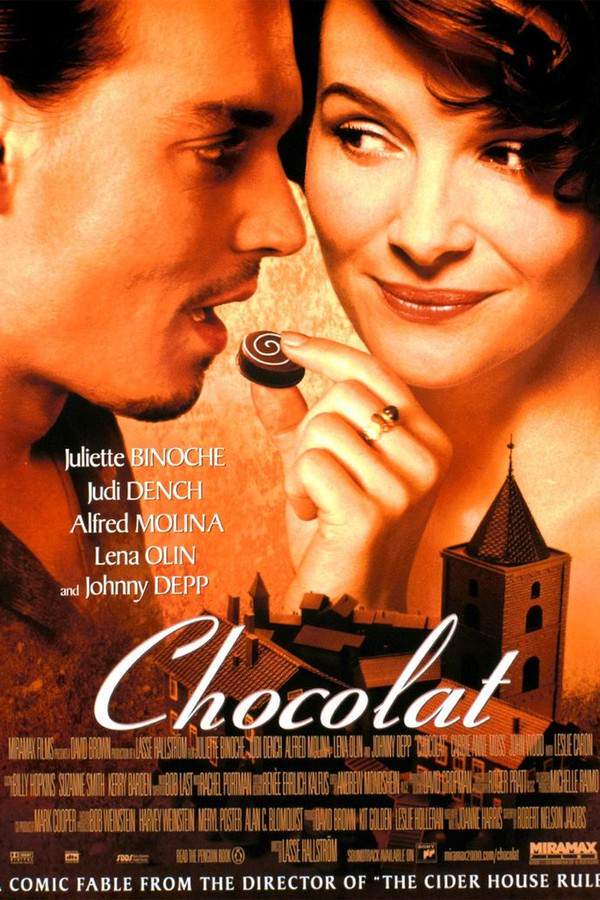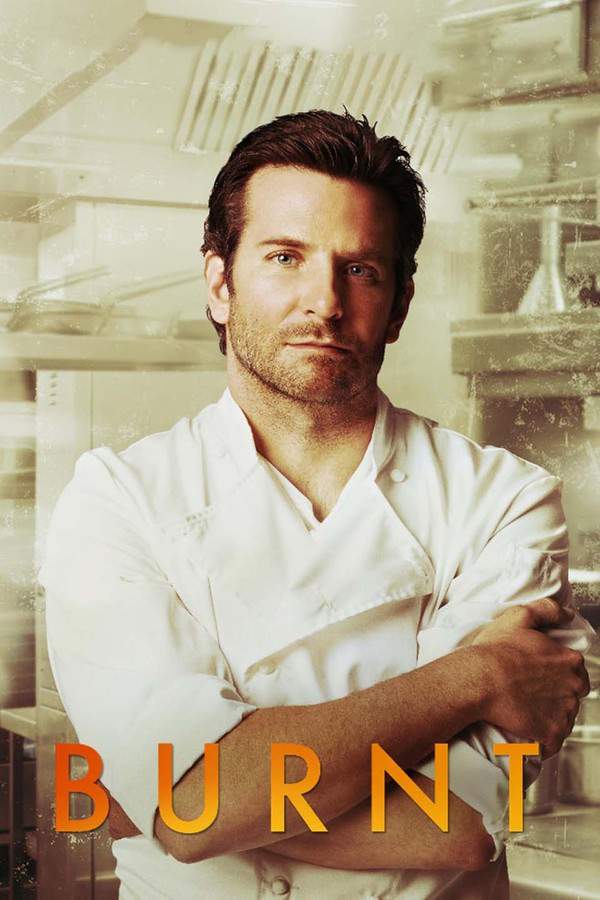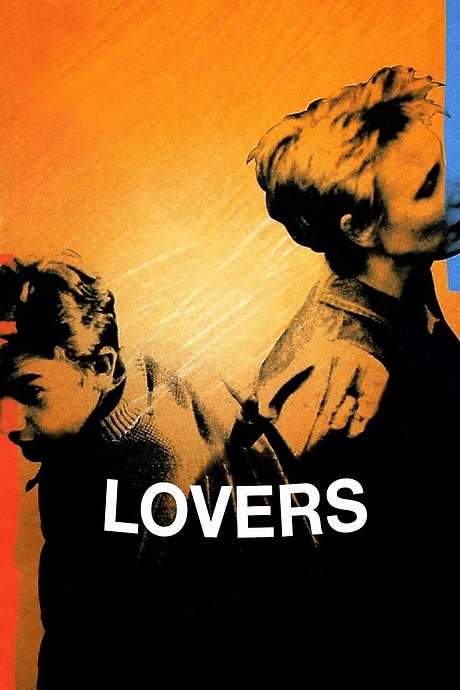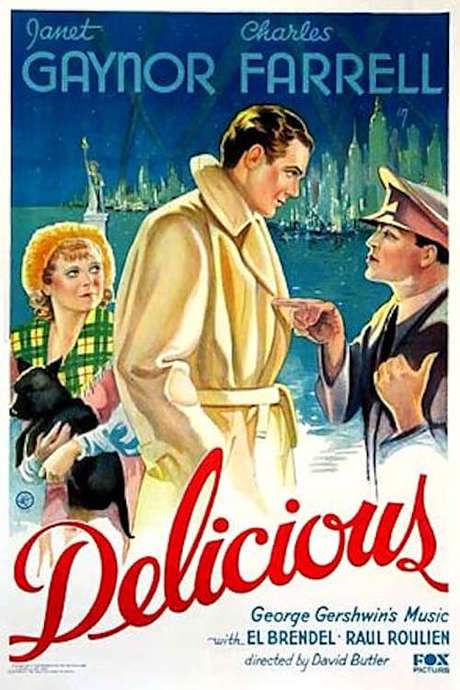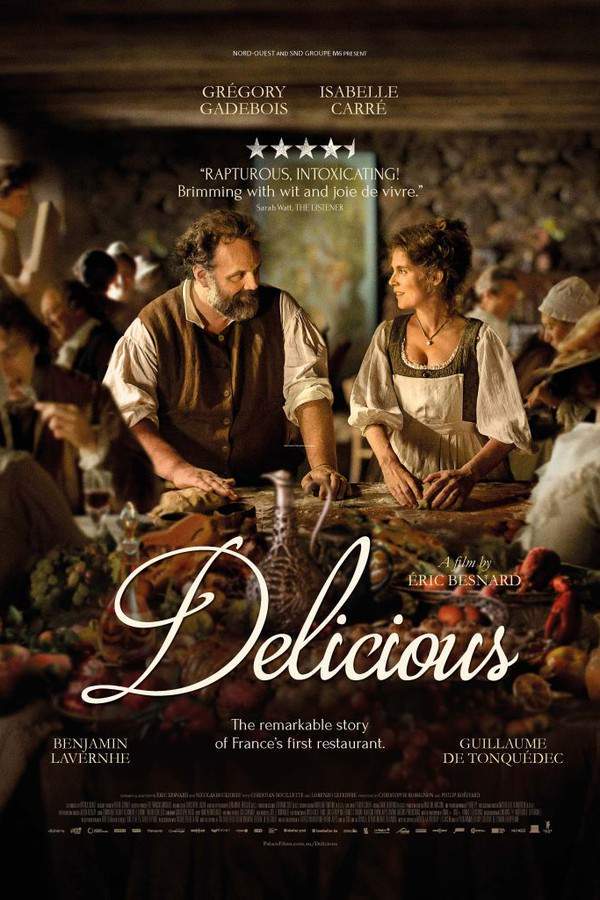
Delicious
In 1789 France, acclaimed chef Manceron faces ruin after presenting an unauthorized dish at a royal gathering. Disgraced, he withdraws to a modest inn, where his culinary passion diminishes. However, a captivating woman arrives, offering to become his apprentice. This unexpected partnership revitalizes his spirit, leading to a story of artistic innovation, mentorship, and a challenge to convention. Ultimately, their collaboration results in the establishment of France's first restaurant.
Warning: spoilers below!
Haven’t seen Delicious yet? This summary contains major spoilers. Bookmark the page, watch the movie, and come back for the full breakdown. If you're ready, scroll on and relive the story!
Delicious (2022) – Full Plot Summary & Ending Explained
Read the complete plot breakdown of Delicious (2022), including all key story events, major twists, and the ending explained in detail. Discover what really happened—and what it all means.
Set in 1789, on the eve of the French Revolution, the story follows Pierre Manceron, a master cook who earns his living in the service of the stern and refined Le duc de Chamfort. He crafts a small, exquisite savory pastry—a tiny delicacy filled with mushroom and potato—that feels almost like a whispered rebellion against the rigid cuisine reserved for the aristocracy. Today is his chance to prove he belongs among Paris’s finest palates: if he can feed the duke’s circle of friends a meal that sparkles in their eyes, he will win a coveted invitation to cook for the city’s elite.
The banquet unfolds with a parade of classic dishes, yet [the delicious] pastry—as small as it is—becomes the center of attention. At first, the guests praise the cooking, but one sharp observer notices the inclusion of potatoes, a humble tuber unfamiliar and barely tolerated by the nobility of the time. The potatoes provoke laughter and scorn, and the moment exposes a fault line between refinement and practicality. The aristocrats’ mockery turns personal, and the masterful dinner collapses into humiliation. The duke’s merciless judgment lands squarely on [Pierre Manceron], and he is dismissed, his pride crushed, leaving him to retreat to his father’s home, which has already been looted by starving citizens in need of food. The weight of the failure is heavy, and Benjamin Manceron, Pierre’s son, along with Jacob, an old friend, join the family in their moment of defeat.
Into this bleak moment arrives Louise, a woman who asks to become Manceron’s apprentice. He resists, clinging to a belief that cooking is a man’s world, and even when she offers to pay, he refuses. Yet Louise refuses to be turned away; she endures the rain outside and refuses to leave until he changes his mind. Her stubborn resolve uncovers a natural talent in the kitchen, and a quiet, powerful bond forms between them through the shared craft of creating food. In time, Pierre Manceron recognizes her skill and reluctantly accepts her as part of the team. The partnership between the once-broken master and the determined apprentice begins to reshape their lives and their ambitions.
With Louise by his side, an opportunity to reclaim his status with the duke reappears. The family, including Benjamin Manceron, who brings a scholar’s curiosity and a revolutionary streak, and Jacob, prepare anew. The plan evolves beyond individual pride into something bolder: a venture that could redefine how meals are shared. They decide to run a public inn where food is accessible to all, offering generous portions and honest nourishment, a revolutionary idea in a society that keeps delicious cooking within the temple of aristocracy. The inn becomes a thriving hub of life, drawing soldiers and common folk alike to tables set with simple abundance. Louise uses her wiles to build a bustling place, and the workers—some of whom are young bread thieves turned waitresses—help transform the inn into a symbol of communal sustenance.
But Louise’s past still haunts them. She fears the duke will return and threaten to ruin them once more. Her plan to poison the duke resurfaces as a means to force recognition of their craft and to topple the old order. When a revised feast begins to take shape, the mood shifts from revenge to resilience, and Manceron, though wounded by Louise’s deception, discovers a new purpose in cooking for everyone who sits at his tables.
The turning point arrives when the duke himself is invited to the inn to sample the new recipes. Unlike the previous feast, there are no ostentatious decorations or guards, just a line of hungry patrons, a modest setup, and a sense that a real meal can belong to anyone. Manceron serves the duke on tin plates, insisting that the true flavor lies not in luxury, but in craft and heart. As the duke and his companion taste the first course—the long-simmered, rustic flavors that have become the soul of the inn—other guests begin to arrive. The duke is furious, insisting that the meal was supposed to be private, but Louise stands ready to reveal the truth. A flier is unveiled proclaiming, “Come to the Inn and eat a free meal with the Duke of Chamfort,” and the crowd erupts. The duke realizes the humiliation he faces is not a single rebuke but a mass awakening.
The scene expands into a chorus of voices: the aristocracy is challenged, the commoners reclaim their dignity, and the duke’s authority dissolves in a wave of collective action. A loyal servant to the duke shedding his wig and taking a seat at the tables signals a shift in allegiance as more people choose the inn over the old regime. The atmosphere crackles with a new sense of equality, and Pierre Manceron and Louise share a quiet, victorious kiss as the camera pulls back to reveal the sweeping French countryside. The film closes on a note of historical transformation, with the on-screen declaration: two days later, the Bastille fell.
In this intimate odyssey of food and memory, the art of cooking becomes an instrument of change. The partnership between Louise and Pierre Manceron evolves beyond professional respect into a shared dream of feeding all, regardless of class, while the steadfast courage of Benjamin Manceron and Jacob anchors the family’s new path. The narrative weaves together themes of resilience, social equity, and the power of humble meals to challenge a rigid social order, culminating in a moment of collective uprising that hints at a future where nourishment and opportunity are no longer the sole reserve of the few.
Last Updated: October 09, 2025 at 16:22
Ending Explained – What Happens at the End of Delicious?
Still wondering what the ending of Delicious (2022) really means? Here’s a spoiler-heavy breakdown of the final scene, major twists, and the deeper themes that shape the film’s conclusion.
The ending of Delicious reveals that Teodora and her friends are cannibals, embodying their manifesto of “eating the rich” in a literal sense. They target the wealthy but choose to spare Alba and Philipp, which raises intriguing questions about their motives. It’s not clear if Teodora genuinely cares for Alba or sees her as a symbol of potential change, perhaps believing that Alba, coming from wealth, could adopt their anti-capitalist ideals. Teodora’s manipulation of Alba, including gaining her trust and making her feel insecure, hints that her decision to leave Alba alive might be strategic—either as an act of mercy or as an attempt to “convert” her. The film leaves uncertain whether Alba is aware of the cannibalism, or if she’s complicit in their cause, which adds to the ambiguity of her role. Meanwhile, Philipp’s survival is more perplexing. Despite his overt creepiness and anti-establishment sentiments, he remains untouched, possibly because the cannibals view him as a future pawn or simply because he’s a child. Yet, the decision to spare Philipp seems inconsistent, especially given his problematic behavior, suggesting that the film is critiquing the way privilege and superficial rebellion are treated differently.
The ending emphasizes that the revolution’s morality is complicated—if the oppressed are compassionate enough to spare their oppressors, what does that say about their justice? It also satirizes the idea that violence against the rich might be justified, but the film complicates this by showing that those fighting for justice might still harbor selfish or naïve motives. Overall, the movie leaves us questioning whether the cannibal revolutionaries are truly righteous, or if their actions fall into the same moral gray area as those they oppose. It’s a provocative finale that challenges the viewer to rethink notions of fairness, mercy, and revolution.
Last Updated: June 25, 2025 at 08:59
Explore Movie Threads
Discover curated groups of movies connected by mood, themes, and story style. Browse collections built around emotion, atmosphere, and narrative focus to easily find films that match what you feel like watching right now.
Stories of mentorship and creative renewal like Delicious
Disgraced masters find new purpose by mentoring a passionate apprentice.Find more movies like Delicious, where a disillusioned expert finds redemption through mentorship. These films celebrate artistic passion, the passing of knowledge, and the inspiring renewal that comes from a collaborative partnership.
Narrative Summary
The narrative follows a skilled individual who has suffered a professional or personal setback, leading to disillusionment. The arrival of a bold, often unconventional apprentice challenges their isolation and forces them to re-engage with their craft. The story arc is one of mutual growth, culminating in a collaborative achievement that surpasses their individual past accomplishments.
Why These Movies?
These movies are grouped by their shared focus on the redemptive power of mentorship. They blend themes of artistic passion, personal failure, and the joy of guiding a new generation, resulting in an uplifting and heartfelt viewing experience.
Movies about gentle social revolution like Delicious
Personal passions quietly challenge the social order, creating new communities.If you enjoyed how Delicious used cooking to challenge the aristocracy, you'll like these films. They feature characters whose personal artistry or innovation quietly sparks broader social change and builds new communities.
Narrative Summary
The plot centers on an individual's dedication to their craft—be it food, art, or technology—within a rigid societal structure. Their pursuit of excellence or innovation inadvertently creates a space that welcomes people from different classes, challenging the status quo. The conflict is often with established powers, but the resolution is achieved through creation and community, not destruction.
Why These Movies?
This thread connects movies where a deeply personal passion project evolves into a force for social equity. They share a hopeful tone, a steady pace focused on building something new, and a theme of community triumph over individualistic old regimes.
Unlock the Full Story of Delicious
Don't stop at just watching — explore Delicious in full detail. From the complete plot summary and scene-by-scene timeline to character breakdowns, thematic analysis, and a deep dive into the ending — every page helps you truly understand what Delicious is all about. Plus, discover what's next after the movie.
Delicious Timeline
Track the full timeline of Delicious with every major event arranged chronologically. Perfect for decoding non-linear storytelling, flashbacks, or parallel narratives with a clear scene-by-scene breakdown.

Characters, Settings & Themes in Delicious
Discover the characters, locations, and core themes that shape Delicious. Get insights into symbolic elements, setting significance, and deeper narrative meaning — ideal for thematic analysis and movie breakdowns.

Delicious Ending Explained
What really happened at the end of Delicious? This detailed ending explained page breaks down final scenes, hidden clues, and alternate interpretations with expert analysis and viewer theories.

Delicious Spoiler-Free Summary
Get a quick, spoiler-free overview of Delicious that covers the main plot points and key details without revealing any major twists or spoilers. Perfect for those who want to know what to expect before diving in.

More About Delicious
Visit What's After the Movie to explore more about Delicious: box office results, cast and crew info, production details, post-credit scenes, and external links — all in one place for movie fans and researchers.

Similar Movies to Delicious
Discover movies like Delicious that share similar genres, themes, and storytelling elements. Whether you’re drawn to the atmosphere, character arcs, or plot structure, these curated recommendations will help you explore more films you’ll love.
Explore More About Movie Delicious
Delicious (2022) Scene-by-Scene Movie Timeline
Delicious (2022) Movie Characters, Themes & Settings
Delicious (2022) Ending Explained & Theories
Delicious (2022) Spoiler-Free Summary & Key Flow
Movies Like Delicious – Similar Titles You’ll Enjoy
Maurice (1987) Complete Plot Breakdown
Delicacy (2012) Story Summary & Characters
Food of Love (2002) Full Movie Breakdown
Toast (2011) Full Summary & Key Details
Le Chef (2014) Full Summary & Key Details
Chocolat (2000) Full Summary & Key Details
Sympathy for Delicious (2011) Spoiler-Packed Plot Recap
Burnt (2015) Full Movie Breakdown
Eating (1990) Movie Recap & Themes
Beautiful Something (2016) Full Summary & Key Details
Delectable You (2017) Movie Recap & Themes
Like a Brother (2005) Movie Recap & Themes
My Sweet Dear (1000) Story Summary & Characters
Lovers (1994) Film Overview & Timeline
Delicious (1931) Detailed Story Recap

